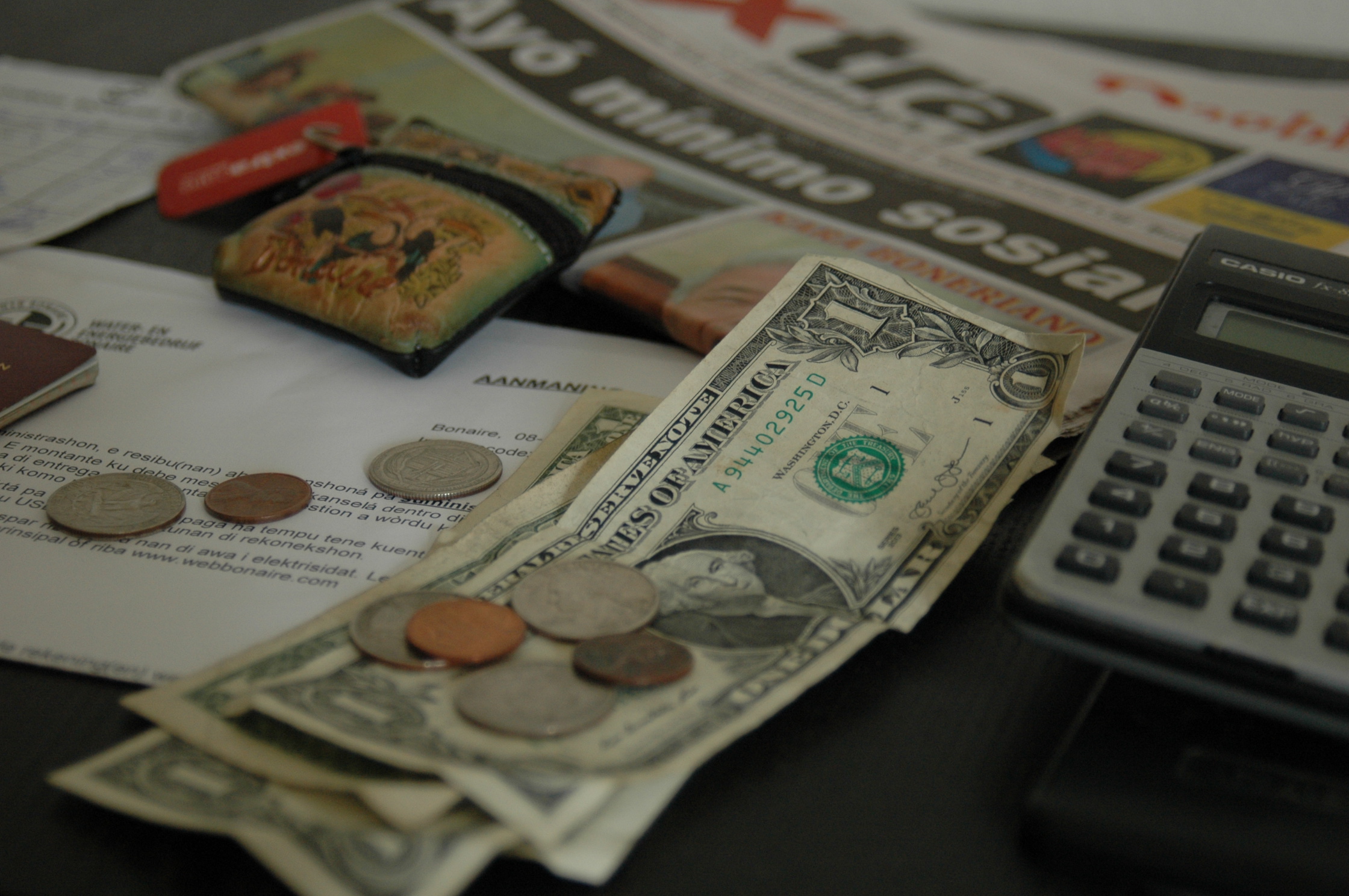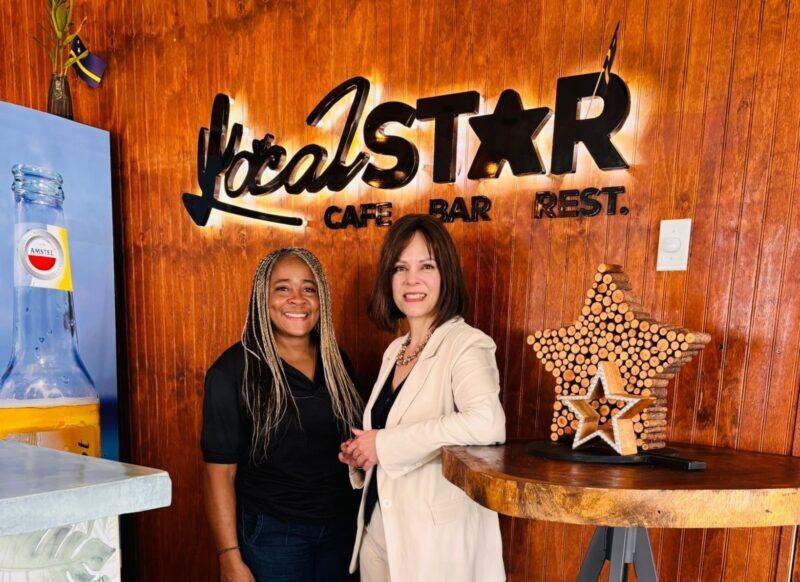Companies on Bonaire still fear further price increases because the minimum wage and benefits will increase sharply in January and July. Now consumer association Unkobon and trade union Usibo are also raising the alarm.
The House of Representatives decided in October that residents of Bonaire, Saba, and Statia – after almost 14 years – will receive the social minimum as of July 1, 2024. This is done on the advice of the Thodé and Nibud investigative committee. The minimum wage on Bonaire must therefore increase by almost 30 percent in 2024: from 1,236 to 1,750 dollars.
Is compensation enough?
To compensate companies for the rising wage costs of their staff, The Hague is allocating 4.2 million euros in subsidies. However various employers and interest groups on the island wonder whether that plan has been properly developed.
For example, they think that the subsidy would be too little or that many companies do not yet know that they are entitled to financial help. The fear is that companies will now further increase the prices of their products and services to pay for the wage increases of their staff.
“The employers are very happy that a social minimum has finally been established because we have had to fight for it for years,” says Paul Coolen, chairman of the Bonaire Business Federation. “Only, we expected more from the execution. For example, that funds would also become available because the 4.2 million will soon be used up.”
“We do not know whether the compensation is sufficient for all companies,” says Willem of the Usibo trade union. “The lack of data makes it difficult. We don’t know how many people on Bonaire receive the minimum wage.”
Companies raise prices.
“Some companies are already raising their prices,” says Norwin Willem of the Usibo trade union. “We hear this from companies that are affiliated with us. That they notice this or participate in it themselves.”
“This mainly concerns supermarkets that both increase prices and charge large price differences for the same products. We have requested an emergency meeting with the Executive Council about this.”
Coolen (Bonaire Business Federation) also recognizes these sounds. “I hear large companies around me say: I must raise the prices. Or: I’m going to raise the prices and lower the service. That will have consequences for sectors such as tourism.”
Consumer Association calls for information
Consumer association Unkobon is also concerned about a price increase because hardly any information campaign has been conducted.
“Employers know that higher wage costs are coming, but have no idea that there is also price compensation,” says chairman Wietze Koopman. “There is absolutely nothing to see about this on the website of, for example, the Dutch Caribbean Service.”
The government, national and local, must act anyway, Koopman believes. “To prevent entrepreneurs from erring on the side of caution and raising prices in advance. I am afraid that this will happen where there are many low-paid staff, for example at supermarkets.”
Unkobon is in discussions with the local government about information and support for companies.
‘Compensation unfairly distributed’
There are also concerns that the compensation will not reach companies that need it most.
“The discount is the same for everyone. As a result, companies that have much higher-paid staff receive a much larger share of that compensation than companies that have relatively many low-paid staff,” says Wietze Koopman (Unkobon). “There should be much more targeted compensation.”
Bonaire Business Federation also has doubts about this. “There should have been a step-by-step plan behind that. Now a law firm also benefits from this, while we would prefer it to end up with companies that employ gardeners, cleaners, or security guards, for example.”








